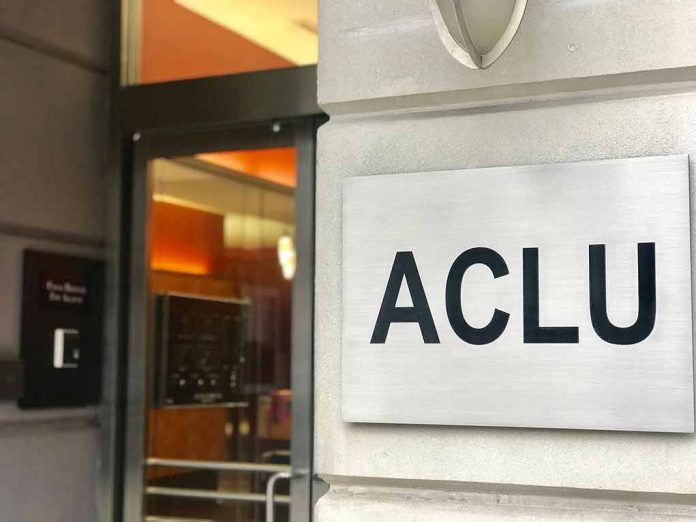
Amidst the Israel-Hamas conflict, U.S. politics face a unique crossroads as the ACLU declines to oppose military aid to Israel.
At a Glance
- The ACLU rejected a petition to oppose U.S. military aid to Israel.
- The decision was made after a 50 to 4 board vote.
- Divestment concerns and lack of regional expertise were cited.
- The conflict strains U.S. universities and political landscapes.
ACLU’s Decision on Military Aid
The American Civil Liberties Union (ACLU) rejected a proposal from nearly 700 staffers urging the organization to oppose U.S. military aid to Israel. The ACLU’s national board voted 50 to 4 against the petition, with one abstention. Leadership stressed the ACLU’s primary mission to protect U.S. civil rights, debating that a stance on the Israel-Hamas war isn’t necessary for upholding domestic objectives.
The memo emphasized potential negative impacts on investment returns and noted the organization’s lack of expertise concerning the conflict and region. Historically, the ACLU has refrained from engaging in overseas battles, though previous involvement in affairs like the Vietnam War demonstrates some precedent for international positions.
U.S. Universities and Civil Discourse
Universities across the United States have faced scrutiny for their responses to the conflict, with claims of bias against Palestinian and Muslim students. Harvard University chose not to issue statements on matters outside its core, following public disputes and the resignation of its president. This silence on critical issues illustrates a concerning trend in academia, where institutions often fail to uphold principles of free speech while navigating the complexities of international politics.
The contentious nature of the Israel-Hamas conflict continues influencing domestic discourse, testing institutions’ principled neutrality and the boundaries of civil liberties. Academics and students grapple with differentiating between supporting free speech and safeguarding against discriminatory practices.
U.S. Military Dynamics and Economic Impacts
The conflict shapes the U.S. economic landscape, with defense companies and shareholders experiencing financial gains. Five major U.S. firms—Boeing, General Dynamics, Lockheed Martin, Northrop Grumman, and RTX—are noted for their role in supplying weapons. This has sparked demonstrations and accusations of profiteering amid ongoing conflicts.
Additional controversies over the $14.3 billion military aid request by President Biden add to debates over fiscal priorities, overshadowing domestic needs. Some activists and representatives argue against the focus on defense spending, advocating for resolutions and emphasizing humanitarian concerns.








